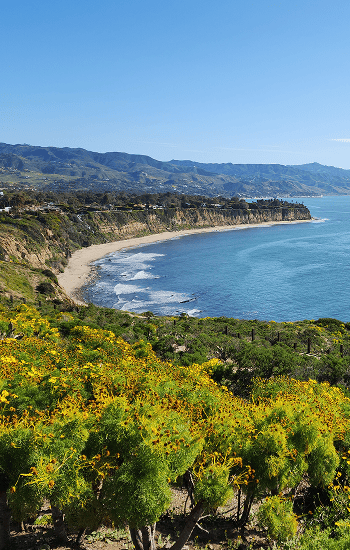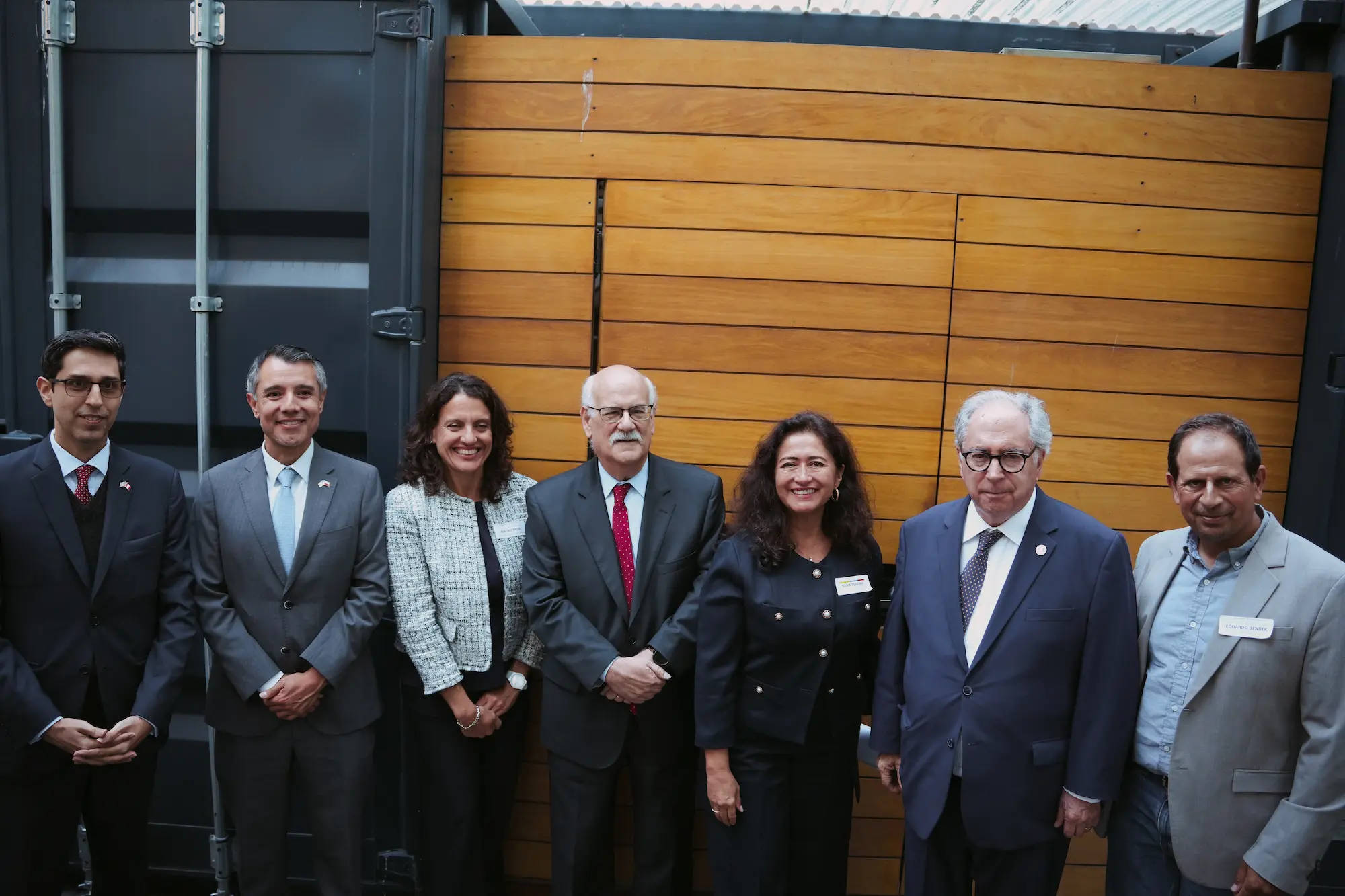WHAT WE DO
We build bridges that move us toward the future.
Chile and California are considered "Twins" because they share geographic, climatic, economic, and historical similarities. Therefore, important lessons abound that must be learned for the mutual benefit of both territories and for a sustainable future.
What we've built
What we build today, transforms tomorrow.


Other events

09/10/2025 Evento Presencial
Chile and California: Bridging AI & Innovation
This event, presented by the Chile California Council and ProChile (Chile’s Export Promotion Bureau), in partnership with Chile's Industry and Technology Attaché, brings together industry leaders, policymakers, researchers, and entrepreneurs from Chile, California, and beyond. Together, we will explore the transformative potential of innovative technologies—particularly artificial intelligence in Latin America—with a focus on fostering collaboration, sharing knowledge, and building strategic partnerships to drive innovation and economic growth.
See details






